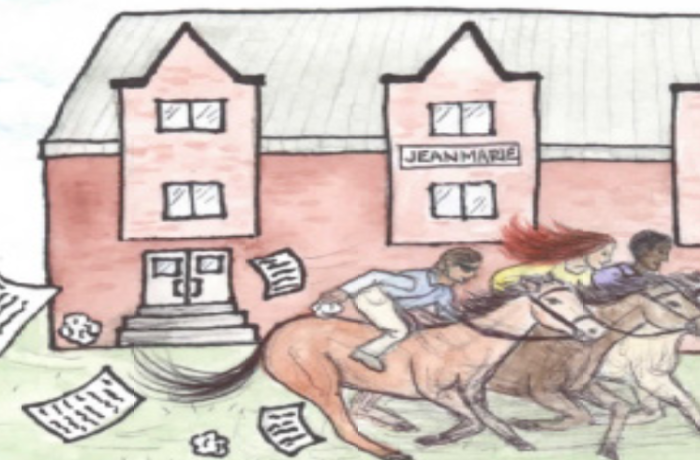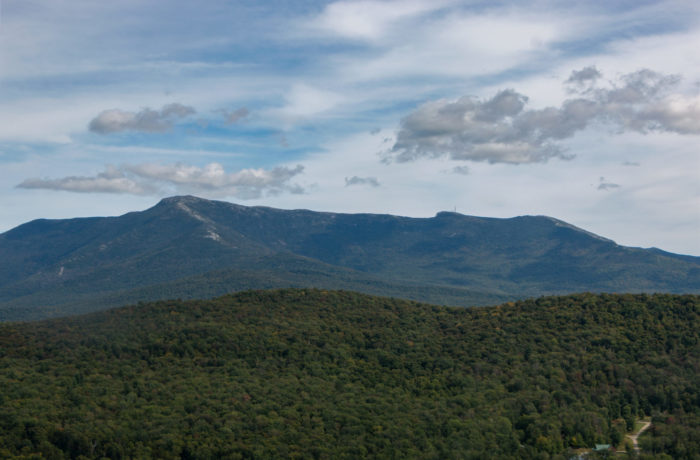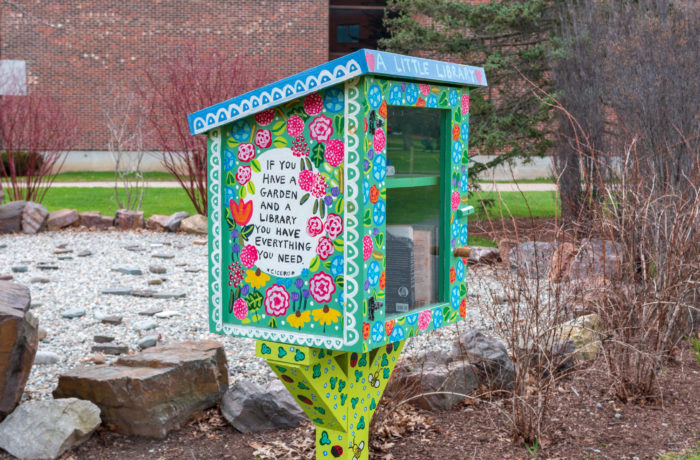By Sara Haney
Staff Writer

Within the last week, St. Michael’s College became the 23rd school certified as a bee pollinator campus. The college is tasked with creating a sustainable bee pollinator habitat plan, providing educational opportunities about pollinators for the campus community and public, as well as apply for bee pollinator status every year.
“More than one-quarter of the bumble bee species in northeastern North America have vanished or seriously declined,” according to the Vermont Center for Ecostudies, yet bees are essential to our ecosystem.
One in three bites of food we eat is courtesy of insect pollination, and yet, pollinators are becoming extinct according to Bee City USA, a nonprofit organization that was created in order to help “galvanize communities to sustain pollinators.” Founder and director of Bee City USA, Phyllis Stiles, decided to do something about it.
With the cooperation of college and university campuses around the country, Bee City has developed sustainable campus pollinator habitats.
On a scale of one-to-ten, bees are a 15 said Kristyn Achilich, a professor of environmental studies and Coordinator for the Organic Garden and Permaculture Site. “They are indicator species in terms of the health of our environment, you can physically count and measure them as a barometer for climate change and environmental activity,” Achilich said.
“We sort of colloquially refer to pollinators as bees and then bees as bees, but there’s hundreds of different species of bees that we don’t often consider that are so important in pollination,” Achilich said. The benefits of becoming a pollinator campus will allow students and faculty to learn more about pollinators because the Bee Campus USA committee is tasked with putting on educational events for the campus and public.
Shelby Kemp, ’20, an environmental science major, worked all year on getting the college certified to be a bee pollinator campus as her work study under Heather Lynch, the sustainability coordinator. When her work study first started, Kemp did not know what she would be doing, but was thrilled when it was something relevant to her major.
“A lot of my friends are more afraid of bees then anything,” Kemp said. “They don’t really fully grasp their full importance and how much we rely on them.” She said the most important aspect of being a pollinator campus is raising awareness about pollinator species and their importance.
Students will also be able to get involved by helping at the pollinator gardens that will be set up at the permaculture site, the organic garden, and eventually, the word garden. There will also be events that are in the works. Come fall time, the incoming first year class will not be the only new residents welcomed into St. Michael’s hive.


